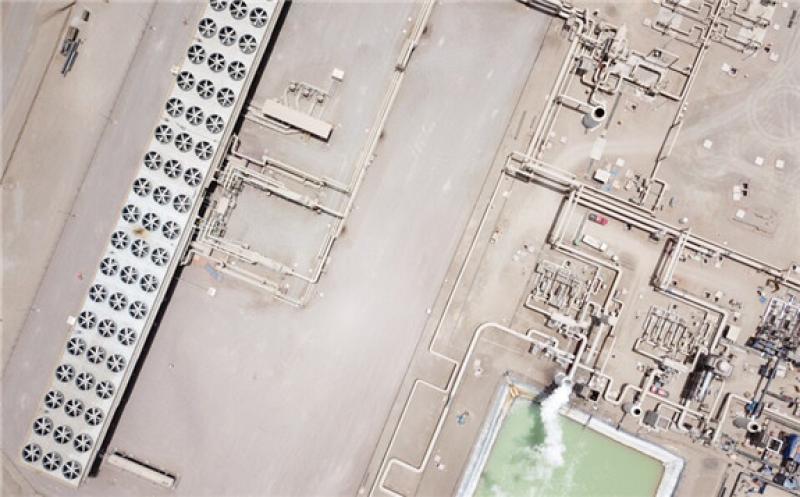
Brent futures rose 13 cents, or 0.2%, to $85.21 a barrel by 0023 GMT, while U.S. West Texas Intermediate (WTI) crude rose 31 cents, or 0.4%, to $83.16.
Brent climbed 1.6% on Wednesday, and WTI rose 2.6%.
U.S. crude inventories fell by 4.9 million barrels last week, data from the U.S. Energy Information Administration showed. That compares with a 30,000-barrel decline forecast by analysts in a Reuters poll, and a drop of 4.4 million barrels in a report from the American Petroleum Institute trade group.
On the demand side, the prospects of cuts in interest rates in coming months in the United States and Europe helped to support the market. Lower interest rates often spark buying and boost oil demand.
Federal Reserve officials said on Wednesday the U.S. central bank is "closer" to cutting interest rates given inflation's improved trajectory and a labor market in better balance, possibly setting the stage for a reduction in borrowing costs in September.
Also, U.S. economic activity expanded at a slight to modest pace from late May through early July with firms expecting slower growth ahead.
The European Central Bank, meanwhile, is all but certain to keep interest rates unchanged on Thursday, but signaled that its next move is likely to be a cut.
Investors are also awaiting policy news from a key leadership gathering in China that is to end on Thursday.
The dollar eased on Thursday for a third straight session. A weaker dollar can boost demand for oil by making greenback-denominated commodities like oil cheaper for holders of other currencies.




